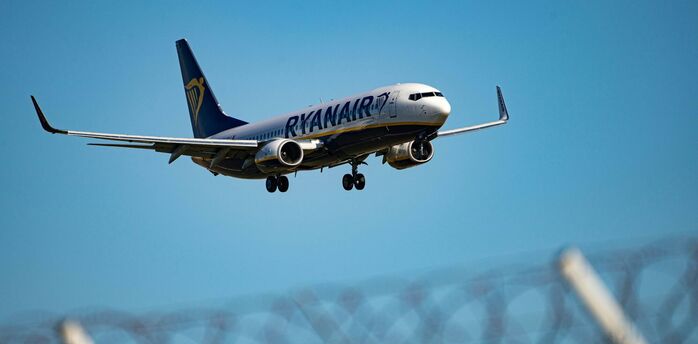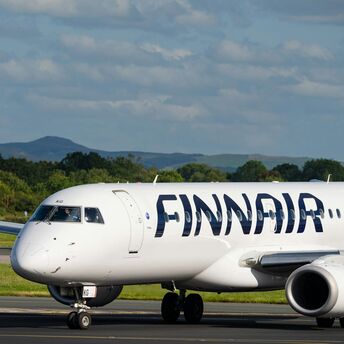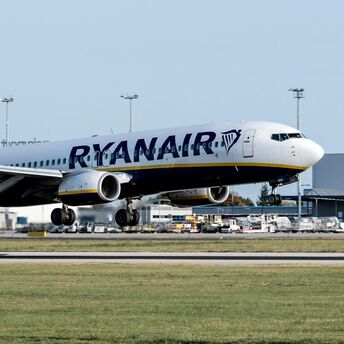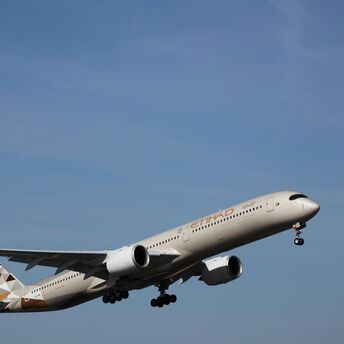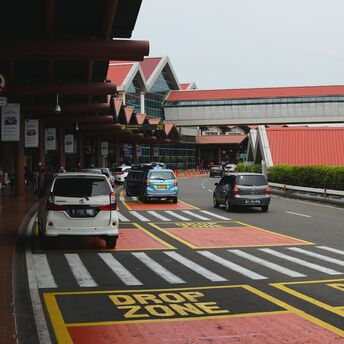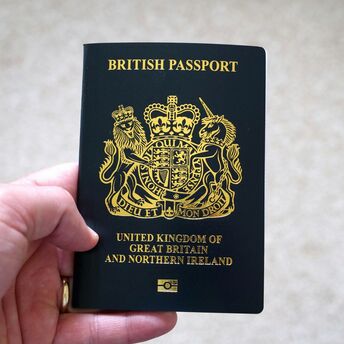US Sanctions Prompt Fly Baghdad to Halt Operations

In a swift reaction to recent US sanctions, Fly Baghdad, an Iraqi low-cost airline, has announced a suspension of its operations. The decision follows a directive from the Iraqi Prime Minister, Mohammed Shia' Al Sudani, in response to actions taken by the United States government against the airline.
The sanctions, implemented by the US Department of the Treasury’s Office of Foreign Assets Control (OFAC) on January 22, 2024, accused Fly Baghdad of aiding the Islamic Revolutionary Guard Corps–Qods Force (IRGC-QF) and associated groups in the Middle East. This allegation has been strongly denied by Fly Baghdad, which prides itself on its membership in the International Air Transport Association (IATA) and adherence to regulations set by the Iraqi Civil Aviation Authority (ICAA).
Fly Baghdad, in a statement, condemned the US decision as baseless and unsupported by substantial evidence. The airline emphasized its history of operation under the strict supervision of the Iraqi government and demanded proof from OFAC to substantiate its allegations. Amidst this controversy, the airline has found its bank accounts frozen, hindering its ability to refund customers or facilitate alternative travel arrangements.
The impact of this halt in operations extends beyond the airline itself, leaving passengers stranded and seeking assistance from the Iraqi government. Fly Baghdad's network, which included destinations such as Egypt, Iran, Jordan, Lebanon, Saudi Arabia, Syria, Turkey, and the United Arab Emirates, utilized a fleet comprising Boeing and Mitsubishi aircraft.
This unfolding situation places Fly Baghdad at a crossroads, challenging its reputation and operational integrity. The airline's demand for legal redress and compensation underscores the complexities of navigating international sanctions and their ramifications on global travel and diplomacy.


